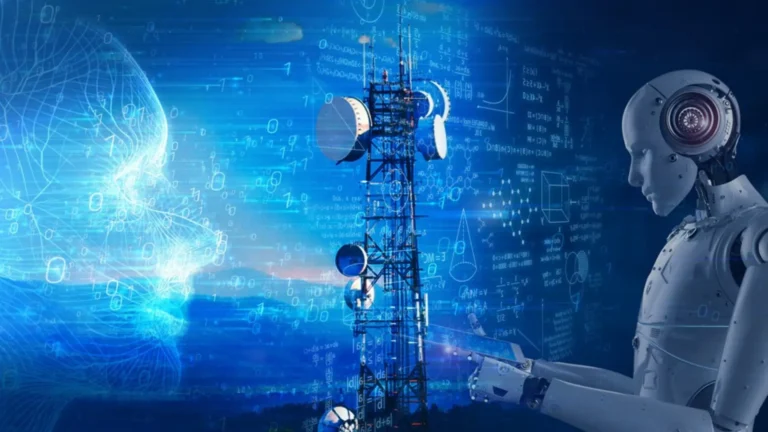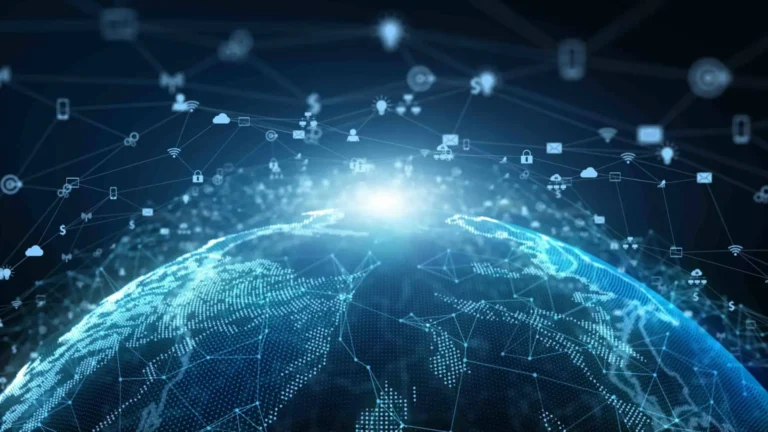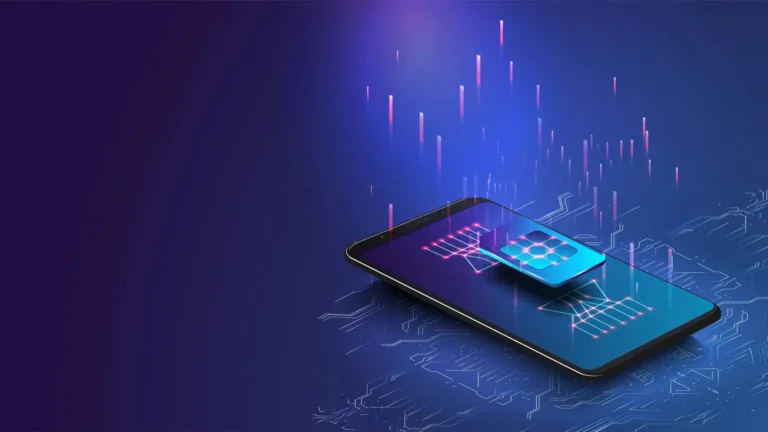
Tokenization of Real-World Assets
Tokenization of real-world assets (RWAs) is rapidly transforming the way we perceive and interact with traditional investments. By converting physical or tangible assets into digital tokens on a blockchain, we unlock a new realm of possibilities, enhancing liquidity, accessibility, and transparency. Let’s delve into the intricacies of RWA tokenization and explore its transformative potential.
What is Tokenization?
At its core, tokenization involves representing ownership rights of an asset through digital tokens on a blockchain. These tokens are essentially digital representations of the asset, stored on a decentralized ledger, making them secure and immutable. This process can be applied to a wide range of assets, from real estate and art to commodities and intellectual property.
Benefits of RWA Tokenization
Enhanced Liquidity
- Tokenization fractionalizes ownership, making high-value assets more accessible to a wider pool of investors.
- This increased liquidity allows for easier trading and faster transactions.
Increased Accessibility
- Tokenization democratizes investment opportunities, enabling individuals with smaller capital to participate in markets that were previously inaccessible.
- Global accessibility removes geographical barriers and expands investor reach.
Improved Transparency and Security
- Blockchain’s immutable nature ensures that all transactions are recorded and verifiable, enhancing transparency and reducing fraud.
- Smart contracts can automate processes and enforce agreements, increasing security and trust.
Reduced Costs
- Tokenization streamlines administrative processes, reducing the need for intermediaries and associated fees.
- This can lead to significant cost savings for both issuers and investors.
Fractional Ownership
- Tokenization allows for fractional ownership, enabling investors to own a portion of an asset rather than the entire thing.
- This makes high-value assets more affordable and accessible.
24/7 Trading
- Digital tokens can be traded 24/7 on decentralized exchanges, providing greater flexibility and convenience for investors.
- This eliminates the limitations of traditional market hours.
Programmability
- Smart contracts can be used to automate various aspects of asset management, such as dividend distribution and voting rights.
- This allows for greater efficiency and flexibility.
Types of Real-World Assets That Can Be Tokenized
- Real Estate: Tokenizing property ownership, enabling fractional investment and easier transactions.
- Art and Collectibles: Tokenizing ownership of valuable artworks and collectibles, enhancing liquidity and authenticity.
- Commodities: Tokenizing precious metals, agricultural products, and other commodities, improving supply chain transparency.
- Intellectual Property: Tokenizing patents, copyrights, and trademarks, simplifying licensing and royalty payments.
- Private Equity and Venture Capital: Tokenizing shares in private companies, increasing accessibility and liquidity.
- Debt Instruments: Tokenizing bonds and loans, streamlining issuance and trading.
Challenges and Considerations
- Regulatory Uncertainty: The legal and regulatory landscape surrounding RWA tokenization is still evolving.
- Custody and Security: Ensuring the secure custody and storage of digital tokens.
- Valuation and Appraisal: Establishing accurate valuation and appraisal methods for tokenized assets.
- Technical Complexity: Implementing and managing blockchain-based tokenization platforms.
- Adoption and Education: Educating investors and market participants about the benefits and risks of RWA tokenization.
The Future of RWA Tokenization
RWA tokenization is poised to disrupt traditional investment models and create new opportunities for investors and asset owners. As the technology matures and regulatory frameworks become clearer, we can expect to see:
- Increased adoption of RWA tokenization across various industries.
- Development of standardized platforms and protocols for tokenizing assets.
- Greater integration of RWA tokens with decentralized finance (DeFi) ecosystems.
- Growth in the secondary market for RWA tokens.
Tokenization of real-world assets is bridging the gap between the physical and digital worlds, creating a more accessible, transparent, and efficient investment landscape.



